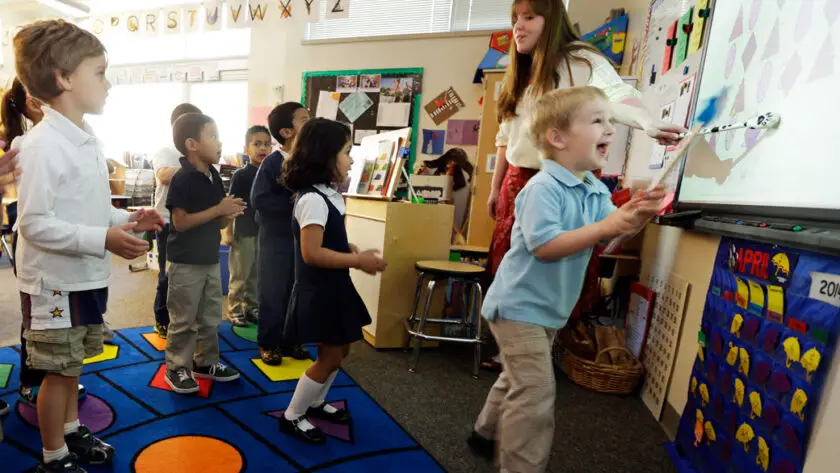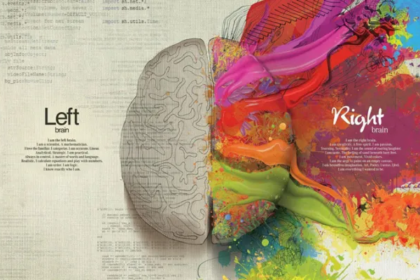Fury and outrage have erupted over a new proposal from the World Health Organization (WHO) that promotes teaching masturbation and gender identity concepts to young children. The controversial proposal is part of the WHO’s “Standards for Sexuality Education in Europe” document that provides guidelines for implementing sexuality education for youth.
Specifically, the standards advise instructing children 0-4 years old about “enjoyment and pleasure when touching one’s body” and “early childhood masturbation.” For ages 4-6, the guidelines promote teaching “gender identity” and “challenges of gender norms.”
Many parents, politicians, and advocacy groups are expressing deep concerns over these guidelines, arguing they sexualize young children and infringe on parental rights. Opponents say children at these ages are far too young for such content and that these topics should be reserved for when children are older. Some have accused the WHO of pushing a radical social agenda under the guise of health education.
Protests have erupted in several countries where the WHO standards have been adopted or considered. A petition against the standards has received over 265,000 signatures to date. The WHO maintains its guidelines are based on evidence, but critics argue the evidence is weak and biased.
The fiery debate over the WHO proposal highlights the ongoing culture wars regarding gender identity and parental autonomy in education. With both sides digging in their heels, the controversy shows no signs of cooling down anytime soon.
Minister Of Wales Urges WHO To Rescind Proposal Immediately
The World Health Organization has been urged to withdraw ‘disturbing’ guidance to schools about ‘sexuality education’ for young children.
Children under four should ‘ask questions about sexuality’ and ‘explore gender identities,’ according to a detailed WHO report aimed at policy makers across Europe.
The official guidance also supports providing information to children under four about ‘enjoyment and pleasure when touching one’s own body, early childhood masturbation. They should also learn skills to gain an awareness of gender identity.’
The same WHO report states children aged between four and six years should ‘talk about sexual matters’ and ‘consolidate their gender identity.’
The controversial 68-page report Standards For Sexuality Education in Europe was first published in 2010 and campaign groups concerned about the sexualisation of very young children want it banned for fear of influencing official sex education policy.
The document was also cited in a report consulted by Welsh ministers who last year introduced a mandatory sexual education syllabus to schools in Wales, although the Welsh Government stressed it did not ‘endorse’ the WHO guidance.
Laura Anne Jones, the Tory shadow minister for education in Wales called for the Welsh government to ‘distance themselves’ from the ‘frankly disturbing’ WHO guidance. She told reporters ‘We must stop this pushing of harmful gender ideology into sex education in Wales and the UK, with immediate effect.’
Tanya Carter, of the campaign group Safe Schools Alliance, has demanded an ‘urgent enquiry’ into whether there is a link between ‘RSE curriculum in this country’ and sexual education guidance issued by UN organizations such as the WHO and UNESCO.
Commenting on sexuality education, the Alliance recently warned: ‘We find it extremely concerning that the UN and WHO are promoting an approach that is experimental, unscientific, and appears to be aligned to the work of unethical individuals and organizations, including those promoting the acceptance of pedophilia.
‘We call upon them to revise their standards to align with a safeguarding-first approach that protects children while allowing them to develop a healthy and age-appropriate understanding of sex.’
A WHO spokesperson said it stands by its guidance. ‘Our guidelines reflect established psychological facts based on decades of research.’ The document asserts that children embark on sexual education from birth.
It reads: ‘From birth, babies learn the value and pleasure of bodily contact, warmth and intimacy. Soon after that, they learn what is ‘clean’ and what is ‘dirty’.’ Adding: ‘In other words, they are engaging in sexuality education.’
A Government spokesperson said: ‘The Government does not recognize this WHO guidance and we don’t agree with its recommendations. We have not distributed or promoted it to schools.
‘We offer our own guidance to help schools to teach children and young people about relationships and health.’
In Conclusion
The WHO’s controversial new standards for early childhood sexuality education have sparked a firestorm of criticism and debate. While the WHO defends its guidelines as evidence-based, many find the proposals for teaching masturbation and gender identity to very young children highly inappropriate and an overreach into parental rights.
Opponents argue children under 4 lack the emotional and cognitive maturity for such complex topics. There are also concerns the guidelines normalize behaviors that many cultures and faiths do not accept.
As outrage mounts in several nations, the WHO faces growing pressure to reevaluate its stance. If changes are not made, the standards could face bans or be ignored by countries that view them as offensive and potentially harmful.
The fierce pushback makes clear many support sex education later in childhood but cannot accept introducing such sensitive content at younger and younger ages.
The path forward remains unclear, but the controversy reveals a need for greater cultural sensitivity when making global recommendations. There are no easy answers when values diverge, but finding common ground will be key.
With wise leadership and open dialogue, compromises can potentially be reached on ensuring both children’s health and parental rights are respected worldwide.





